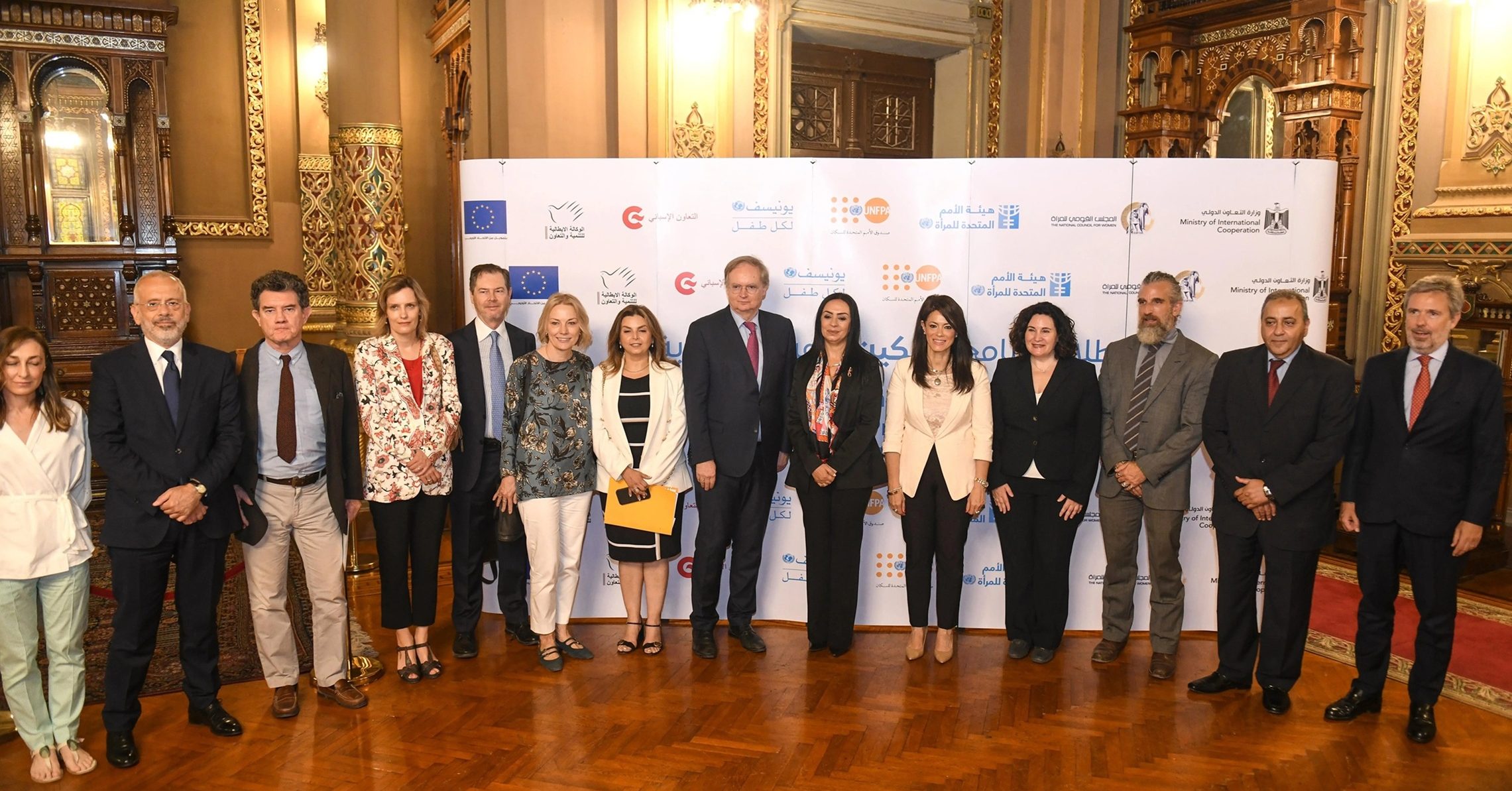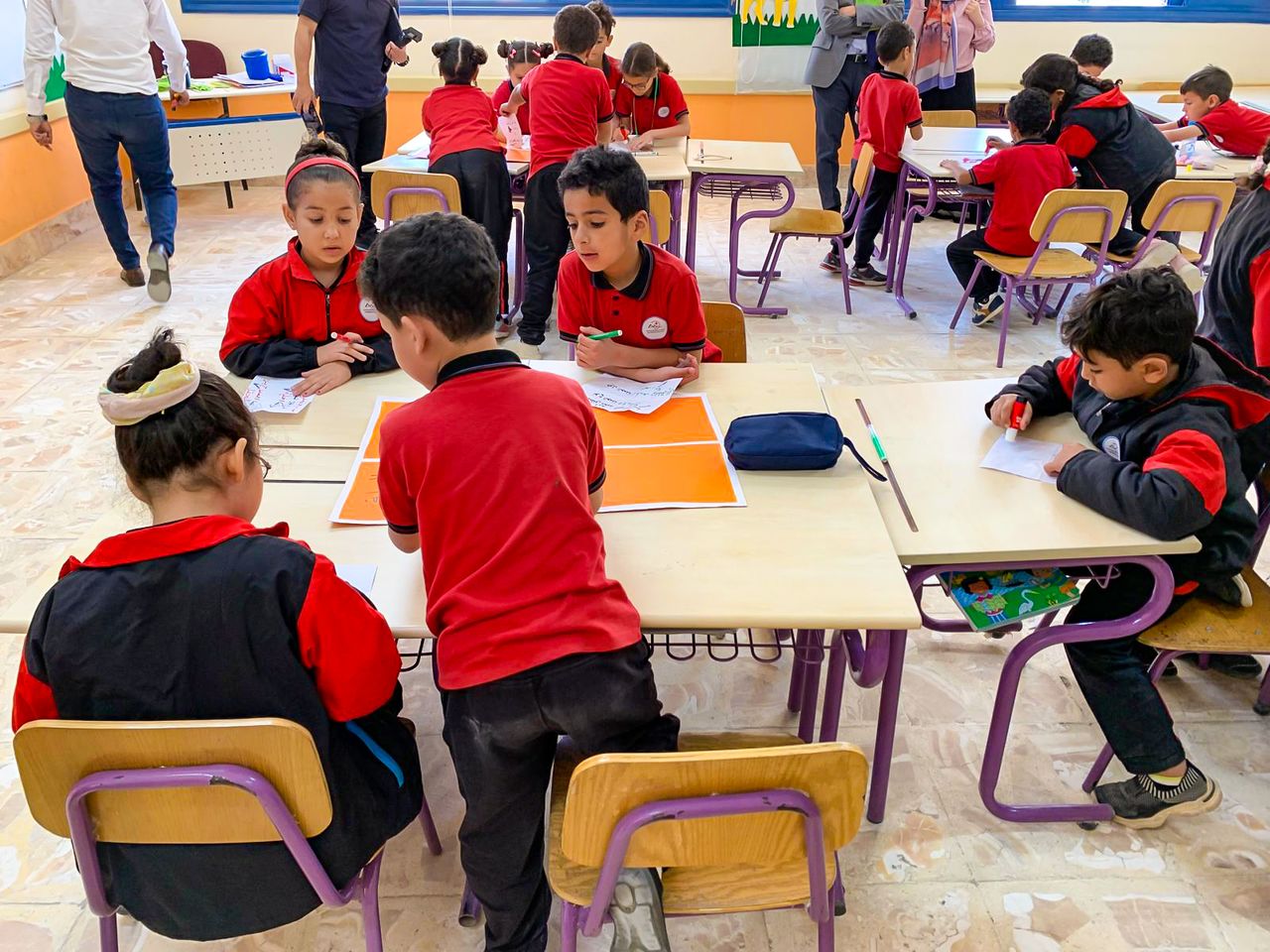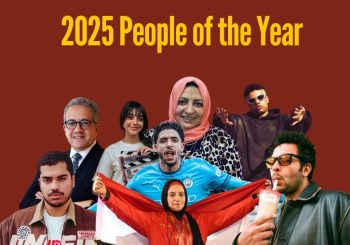In a workshop in Upper Egypt, a group of women gather around sewing machines, their hands stitching fabric into garments and the fabric of a new economic reality. Through the Women’s Enterprise Support Programme, thousands of women like them are launching micro-enterprises, transforming their roles in Egypt’s economy and stitching a new path toward financial independence.
Since 2020, more than 24,000 women-led businesses have sprung to life under Egypt’s Women’s Enterprise Support Programme, a state initiative backed by the French Development Agency (AFD). The program has created over 60,000 jobs, signaling a dramatic shift in women’s economic participation from Cairo to the Nile Delta and Upper Egypt.
The initiative, administered by the Micro, Small and Medium Enterprise Development Agency (MSMEDA), merges financial support with hands-on training, marketing assistance, and access to trade fairs. By targeting rural and underserved communities, the program aims to empower individual women, reshape local economies, and challenge long-standing gender norms.
“We believe in the transformative potential of women-led enterprises. Our partnership with AFD brought this vision to life, especially in underserved areas,” MSMEDA’s CEO, Basel Rahmy, said at the program’s closing conference, describing the program as a cornerstone of Egypt’s national strategy to position women as key contributors to economic growth.
The program’s reach is broad, focusing on both urban and rural areas, with a strong emphasis on Upper Egypt and the Nile Delta, regions where women’s employment opportunities have historically lagged. Of the total funding, more than half was directed to these underserved regions, reflecting a commitment to inclusive development.
Based on an initial market study to meet women’s specific needs, the program combines financial and non-financial support. Participants gain access to financing through a network of banks, NGOs, microfinance institutions, and the branches of MSMEDA. Non-financial support includes vocational training, such as training in business planning, marketing, and management, and also in key sectors such as food processing, garment manufacturing, and traditional crafts such as tent-making.
In addition, women receive marketing support and the chance to showcase their products at local and international trade exhibitions. Capacity-building workshops further strengthen their skills in business planning, management, and financial literacy, equipping them for long-term success.
In areas such as Ezbet Khairallah in Cairo, El-Desmi in Giza, and Old Cairo, women have transitioned from informal work to becoming self-assured micro-entrepreneurs. Customized training programs have enabled them to start their own businesses, enter new markets, and formalize their operations.
The program’s focus on traditional sectors such as food, clothing, and crafts has tapped into skills women already possess, while providing the tools and networks needed to scale up. In many cases, these businesses have become vital sources of family income and local employment.
Empowering women is central to both the AFD’s mission and Egypt’s development agenda, according to Elsa Favre, Head of Sustainable Development at AFD.
The Women’s Enterprise Support Programme is also a part of a broader movement in Egypt to boost women’s economic participation, with MSMEDA having directed over EGP 17.4 billion (USD 350.6 million) to nearly 900,000 women-led enterprises in the past decade, creating 1.2 million job opportunities.
Yet, challenges remain. Women entrepreneurs in Egypt continue to face significant barriers to finance, markets, and professional networks. According to a 2019 study by the American University in Cairo, many struggle with limited access to tailored banking services, while lenders remain cautious due to perceived risk. A lack of collateral, coupled with low levels of financial literacy, further restricts their ability to grow and sustain their businesses.
These barriers continue to restrict the growth of women-led micro and small enterprises across Egypt. Nonetheless, as more women take charge of their economic futures, at kitchen tables, in workshops, and through marketplace stalls, the image of entrepreneurship in Egypt is gradually being redrawn.







Comments (0)